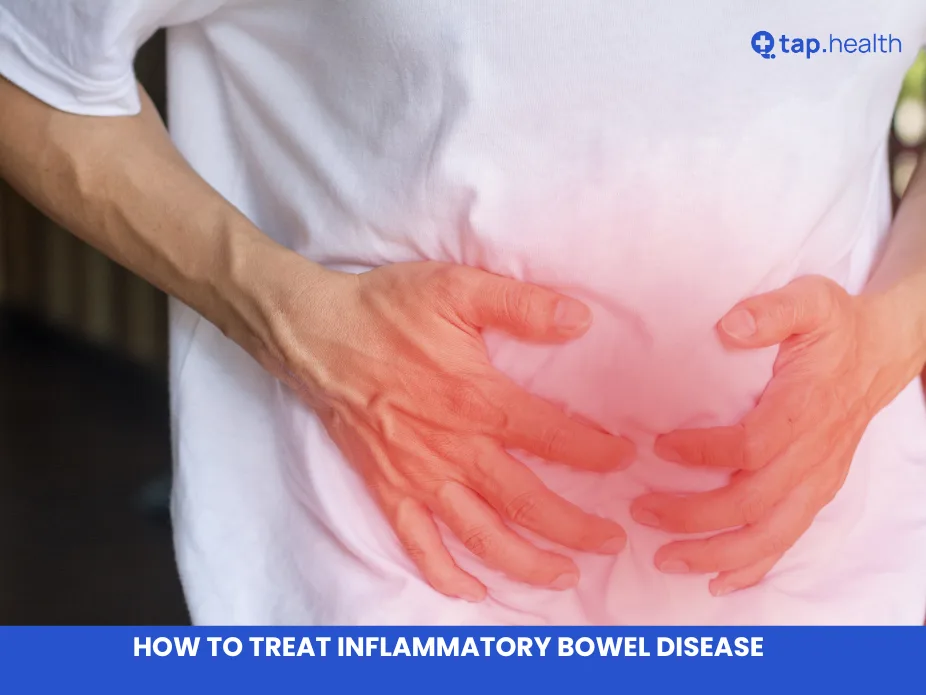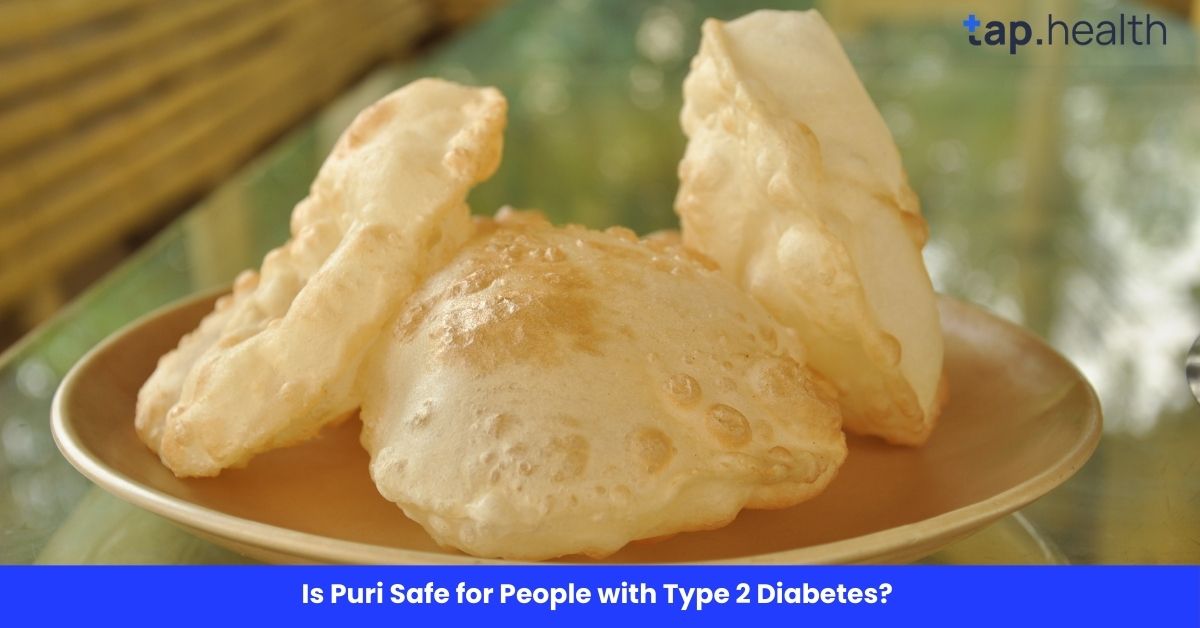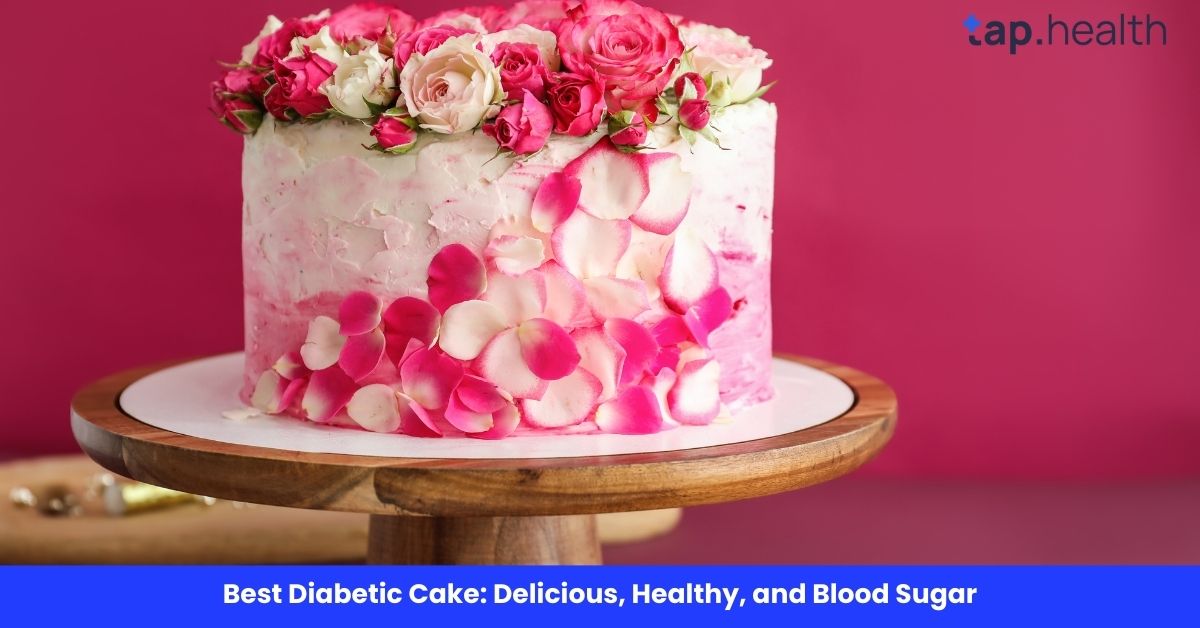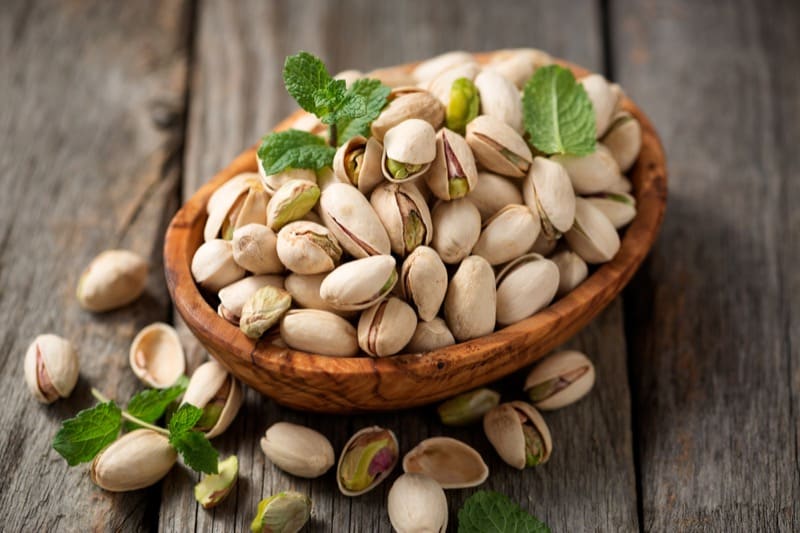Inflammatory Bowel Disease (IBD) is a chronic condition that affects millions worldwide. It includes conditions like Crohn’s disease and ulcerative colitis, which cause inflammation in the digestive tract. Managing IBD can feel overwhelming, but with the right approach, you can lead a fulfilling life while keeping symptoms in check.
In this guide, we’ll explore effective ways to treat IBD, blending medical interventions, lifestyle changes, and dietary strategies to give you the tools to take control.
Understanding Inflammatory Bowel Disease
IBD is an umbrella term for disorders characterized by inflammation in the gastrointestinal (GI) tract. While the exact cause remains unclear, factors like genetics, immune system malfunctions, and environmental triggers are believed to play a role.
Common Symptoms of IBD
- Persistent diarrhea
- Abdominal pain and cramping
- Blood in the stool
- Fatigue
- Weight loss
The severity of symptoms varies, and they often come and go in cycles of flare-ups and remission.
Medical Treatments for IBD
Effective treatment often involves a combination of medications, therapies, and, in severe cases, surgery.
1. Medications
Medications are the cornerstone of IBD treatment. They aim to reduce inflammation, manage symptoms, and prevent flare-ups.
Common Types of Medications:
- Aminosalicylates (5-ASAs): Reduce inflammation in the lining of the intestines.
- Corticosteroids: Provide quick relief during flare-ups by suppressing inflammation.
- Immunosuppressants: Calm the overactive immune response.
- Biologics: Target specific proteins in the immune system to reduce inflammation.
- Antibiotics: Address infections that may trigger or worsen IBD.
2. Surgical Interventions
In severe cases, surgery may be necessary to remove damaged sections of the digestive tract or address complications like fistulas and strictures.
Example: Shalini, a 35-year-old from Delhi, underwent surgery to remove a narrowed section of her intestine after years of struggling with Crohn’s disease. Post-surgery, her quality of life improved significantly, and she experienced fewer flare-ups.
Dietary Strategies for IBD
Diet plays a crucial role in managing IBD symptoms. While there’s no one-size-fits-all approach, identifying trigger foods and adopting an anti-inflammatory diet can help.
1. Low-FODMAP Diet
This diet eliminates fermentable carbohydrates that can irritate the gut, reducing symptoms like bloating and diarrhea.
2. High-Fiber Foods (During Remission)
In remission, fiber-rich foods like oats, bananas, and cooked vegetables promote gut health. However, during flare-ups, a low-fiber diet is recommended.
3. Probiotics and Prebiotics
Foods like yogurt, kefir, and garlic support a healthy gut microbiome, which can help regulate inflammation.
Lifestyle Changes to Manage IBD
Lifestyle adjustments can significantly improve the quality of life for people with IBD.
1. Stress Management
Stress is a major trigger for flare-ups. Incorporate relaxation techniques like yoga, meditation, or deep breathing exercises into your routine.
Example: Ramesh, a software engineer from Bengaluru, started practicing mindfulness meditation daily to manage his stress levels. Over time, he noticed fewer flare-ups and improved digestion.
2. Regular Exercise
Low-impact exercises like walking, swimming, and cycling improve overall health without straining the digestive system.
3. Adequate Sleep
A lack of sleep can worsen inflammation. Aim for 7-8 hours of quality sleep every night.
Real-Life Scenarios
Case Study 1: Meena’s Balanced Approach
Meena, a teacher from Chennai, was diagnosed with ulcerative colitis. Her treatment plan included biologics, a low-FODMAP diet, and yoga classes. This holistic approach helped her achieve remission and maintain a higher energy level for her busy teaching schedule.
Case Study 2: Arjun’s Diet Overhaul
Arjun, a college student in Pune, struggled with frequent flare-ups of Crohn’s disease. After consulting a dietitian, he switched to a gut-friendly diet rich in soft-cooked vegetables, lean proteins, and probiotics. This change reduced his symptoms and improved his weight management.
Expert Contributions
Insights from Dr. Priya Nair, Gastroenterologist
Dr. Priya Nair, a renowned gastroenterologist from Mumbai, emphasizes, “IBD is a complex condition that requires a tailored treatment plan. While medications and surgery play an essential role, dietary adjustments and stress management are equally important for long-term relief.”
[Source: Indian Journal of Gastroenterology, 2023]
Recommendations Grounded in Proven Research and Facts
- Monitor Symptoms: Keep a symptom diary to track flare-ups and identify potential triggers.
- Stay Hydrated: Dehydration can worsen symptoms, so drink plenty of fluids.
- Work with Specialists: Collaborate with gastroenterologists, dietitians, and mental health professionals for comprehensive care.
- Limit Processed Foods: Reduce intake of processed and high-fat foods, which can irritate the gut.
- Stay Up-to-Date on Treatments: Advances in biologics and personalized medicine are improving outcomes for IBD patients.
Factual and Reliable Information
Key Facts About IBD
- IBD affects over 10 million people worldwide, with increasing prevalence in urban areas.
- Studies in the Journal of Gastroenterology highlight that combining biologics with dietary changes significantly reduces symptoms in 70% of patients.
- Regular exercise improves overall health and reduces inflammation markers in IBD patients.
FAQs About How to Treat Inflammatory Bowel Disease
1. Can IBD be cured?
IBD cannot be cured, but effective treatments can help achieve long-term remission and manage symptoms.
2. Is diet alone enough to treat IBD?
While diet plays a critical role in symptom management, it works best when combined with medical treatments.
3. Are biologics safe for IBD treatment?
Yes, biologics are effective and generally safe, but they should be administered under the guidance of a healthcare professional.
4. Can stress cause IBD?
Stress doesn’t cause IBD but can trigger or worsen symptoms. Stress management is crucial in treatment plans.
5. What foods should I avoid during a flare-up?
Avoid high-fiber foods, dairy, spicy dishes, and caffeine during flare-ups, as they can irritate the gut.
Final Thoughts: How to Treat Inflammatory Bowel Disease
Managing IBD is a journey that involves a combination of medical treatments, dietary adjustments, and lifestyle changes. By understanding your condition and working closely with healthcare professionals, you can reduce symptoms, prevent flare-ups, and improve your quality of life.
If you’re living with IBD, remember that small, consistent efforts—like maintaining a food diary, staying active, and managing stress—can lead to significant improvements. With the right support and strategies, you can regain control and live life to the fullest.



